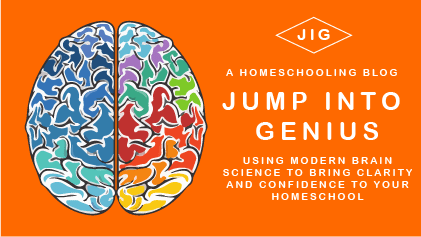This book by Simone Davies is an extensive resource for parents looking to model the Montessori methods in their home with their toddlers. It is full of great lists and visuals and can be opened to any section and read for tips in that area. You can also read it cover to cover if you are starving for toddler related advice.
I think there are a lot of great tips here for helping you see and treat your toddler as a person.
One caution is to keep it simple. While you can buy a special stool costing over a hundred dollars so your toddler can be counter-height helping you in the kitchen, you can also just take a sturdy chair, turn the back of the chair towards the counter, and save yourself money and space. (If the toddler is especially young use a chair with arms to keep them from falling off the edge.)
In the Montessori approach, the environment is very important. It is filled with everyday things that are smaller so the child can safely handle and use them themselves. Such as a small glass, a small broom, a small spray bottle filled with just water for cleaning. You want to pull them into life, guiding them in how to take care of themselves and others.
“In Montessori, we teach children to become remarkably independent. We don’t do this so that children will grow up as fast as possible. (Let children be children.) We do this because children love it.” - Simone Davies
This is the part of Montessori that I find beautiful and inspiring.
It is difficult to explain exactly how the Montessori method views discipline. Rewards and punishments are equally frowned upon. The goal is for the child to do the right thing based upon intrinsic motivation. The method is very anti-sticker. This part I just have a hard time embracing. I do not think it is wrong to train children extrinsic motivation and graduate them gradually to doing the right thing based off intrinsic motivation. I used stickers when they were young and they are not addicted to stickers now that some of them are teens. They are responsible and more self-regulating than most teens I know. I do not think using reward and punishment as a way to assist them in forming the habit of being responsible and kind is a bad thing.
Even though I have this clash of philosophy with Montessori I still found myself remembering many moments where I did use similar methods to help my kids interact with each other, their environment, and me. For example, making the rules clear and simple. Using direct and simple language, not getting upset yourself just because the child is upset, etc.
However, I feel that giving a command to a toddler is one way of being clear. I will not state, “The orange peels belong in the trash.” as is suggested in the book. I will say, “Put the orange peels in the trash.” To me, this is a simple matter of being direct and clear and not overcomplicating the situation. Although some children will act upon the first example given I had children and have known many other children who would not think you were suggesting an action. They would just wonder why mom was stating the obvious, shrug their shoulders or roll their eyes and run off to play. Am I right? Do you have one of those kids?
I never worried about whether or not I was giving my toddler too many commands. They had plenty of opportunities to exercise their freedom while also learning how to be responsible. I do believe in giving them many opportunities to make choices and discover what they like but to me, this does not mean I should refuse to give a direct command when in fact I do expect them to act upon what I am saying.
“At school or at home, we can have a few rules for children to live by to learn respect and responsibility for themselves, others, and the environment around them. Within these limits, children have freedom of choice, of movement, and of will.” - Simone Davies
All in all, I would say if you are struggling with your toddler, this book can give you some good tips and ideas to bring a little calm back into your life. I say a little calm because life with a toddler will always involve a certain amount of chaos. Part of our job as a parent is being ok with that.


